Entertainment & Arts
Excalibur actor Nicol Williamson dies at 75
Nicol Williamson
Nicol Williamson was a double Tony-award-winner
Scottish actor Nicol Williamson, best known for his role as the wizard Merlin in the 1981 film Excalibur, has died aged 75, his family has announced.
The actor passed away of oesophageal cancer shortly before Christmas in Amsterdam, where he lived.
A much respected stage actor, he was nominated for his first Tony Award in 1966 for Inadmissible Evidence.
Playwright John Osborne once called him "the greatest actor since Marlon Brando."
Williamson was nominated for his second Tony Award in 1974, for his role in Anton Chekhov's Uncle Vanya. He won a Drama Desk award the same year for the role.
Born in Hamilton, South Lanarkshire, he attended the Birmingham School of Speech and Drama.
He made his professional stage debut at the Dundee Repertory Theatre in 1960, before appearing in Tony Richardson's production of A Midsummer Night's Dream at the Royal Court Theatre.
He later teamed up with Richardson again, to star his Hamlet production at the Roundhouse.
It was so successful, it transferred to Broadway and was adapted into a film, which co-starred Anthony Hopkins and Marianne Faithfull.
In a statement on the actor's website, his son Luke Williamson said: "It's with great sadness, and yet with a heart full of pride and love for a man who was a tremendous father, friend, actor, poet, writer and singer, that I must bring news of Nicol's passing."
He went on to say that his father passed away "peacefully".
"He gave it all he had: never gave up, never complained, maintained his wicked sense of humour to the end. His last words were 'I love you'. I was with him, he was not alone, he was not in pain."
The actor's son Luke Williamson, said his father was also survived by his wife, Jill Townsend.
Nicol Williamson, a Mercurial Actor, Is Dead at 75
By BRUCE WEBERJAN. 25, 2012
Continue reading the main storyShare This Page
Nicol Williamson, a Scottish-born actor whose large, renegade talent made him a controversial Hamlet, an eccentric Macbeth, an angry, high-strung Vanya and, on the screen, a cocaine-sniffing Sherlock Holmes — and whose querulous temperament could make his antics as commanding as his performances — died on Dec. 16 in Amsterdam, where he had lived for more than 20 years. He was 75.
The cause was esophageal cancer, his son, Luke, said Wednesday on the Web site nicolwilliamson.com. “He didn’t want any fuss made over his passing,” Luke Williamson said in an e-mail, explaining the delay in reporting his father’s death. “He was not interested in publicity.”
Mr. Williamson was rarely described as dull, sometimes as uncooperative, more often as unpredictable or tempestuous.
“You don’t know if he’s going to be nice to you or punch you in the mouth,” a fellow cast member in the doomed, 1976 Broadway musical “Rex” said. A young actress who shared the stage with him in 1965 and who spoke to The New York Times said of him: “Drinking, fighting and wenching — God, he’s fabulous!”
Photo
Nicol Williamson in “Jack,” in 1996. Credit Sara Krulwich/The New York Times
Stories of Mr. Williamson’s mischievous, self-indulgent or destructive misbehavior are legion. He once stormed off the stage in the middle of a “Hamlet” in Boston, throwing a wine pitcher and goblet at the back wall before returning a few minutes later (to applause) and apologizing to the audience.
In 1965, during a tryout in Philadelphia for “Inadmissible Evidence,” the John Osborne play about a self-destructive young lawyer, he argued with the producer, David Merrick, and reportedly slugged him. Mr. Williamson went on to make a widely praised Broadway debut in the production.
And during the Broadway run of Paul Rudnick’s 1991 comedy, “I Hate Hamlet,” in which he played the ghost of John Barrymore, he criticized the play in interviews, audibly offered coaching to his fellow actors onstage, and finally, during a staged swordfight, ignored the choreography and smacked the actor Evan Handler with the flat blade of the sword, prompting Mr. Handler to leave the stage and resign.
Tall, rangy, and red-haired, Mr. Williamson was not classically handsome, but critics often remarked on his vibrant or fiery presence. He “burns with incandescence and carries with him the smell of smoldering cordite,” Time magazine said of his Hamlet in the 1969 Broadway production directed by Tony Richardson. “If he were not lit by inner fire, he would be singularly unprepossessing.”
Mr. Williamson in “Excalibur,” John Boorman's 1981 film. Credit Orion Pictures
In that role Mr. Williamson stripped the Prince of Denmark of his royal demeanor, if not his arrogance, and played him as a wise, seething would-be thug, complete with unusual line readings and a Midlands accent. In England he was hailed as the Hamlet of his generation, and Prime Minister Harold Wilson recommended him to President Richard M. Nixon, who invited Mr. Williamson to perform at the White House. (A “nightmare,” Mr. Williamson said of the experience.)
American reviews of “Hamlet” were mixed. Time’s was a rave; so was Newsweek’s. But Walter Kerr, in The Times, dismissed the production and Mr. Williamson’s performance as misguided. Charles Marowitz, writing from London in The Village Voice, said Mr. Williamson’s Hamlet was “neither the courtier nor the scholar, the soldier nor the glass of fashion, but a whining, neurotically suppressed, superannuated post-grad spoiling for a fight and obviously not up to licking even the shortest kid on the block.”
Mr. Williamson played Macbeth more than once, perhaps because his aggrieved Scottish temperament seemed so suitable for that tormented Scottish general and king. The first time, in London, he was directed by Trevor Nunn, and the performance was acclaimed. Later, in a Broadway production he directed himself, the eccentricities he brought to the role overwhelmed the production.
By contrast, when he played Uncle Vanya in a starry 1973 production directed by Mike Nichols (the cast included George C. Scott, Julie Christie and Barnard Hughes), his contrary-to-tradition interpretation of Vanya as tightly wound and explosive rather than ruminative and despairing was received not always with approval but with curiosity and the genuine consideration of a new idea.
Mr. Williamson as Sherlock Holmes in “The Seven-Per-Cent Solution” (1976). Credit Universal Pictures
“He looks ratty and frantic, a man barely in control of himself,” Clive Barnes wrote in The Times. “His arms flail the air, quixotically; his eyes have a manic gleam. His final climactic act of aggression, when he tries, unsuccessfully, of course, to shoot his tormentor, is presented as an uncoordinated gush of pain.”
In the movies, Mr. Williamson also played Hamlet and Macbeth (a television movie). He was better known for his Merlin in “Excalibur,” John Boorman’s 1981 treatment of the Arthurian legend, and his Sherlock Holmes, whom he played as driven to the brink of madness by drug addiction in the 1976 adventure film “The Seven-Per-Cent Solution.” Directed by Herbert Ross, it also starred Robert Duvall as Watson and Alan Arkin as Sigmund Freud.
Mr. Williamson was born in Hamilton, Scotland, on Sept. 14, 1936, and grew up mostly in Birmingham, England, where, he once told The Globe and Mail of Toronto, “As a boy I always felt superior to others.” After serving in the British Army, he left home to become an actor in 1960, joining the Dundee Repertory Company and later the Royal Court in London, where he began garnering acclaim, and the Royal Shakespeare Company.
His career-making role was Bill Maitland in “Inadmissible Evidence,” a grueling part in a grueling play about a middle-aged lawyer whose life is in tatters. It opened at the Royal Court in 1964 and on Broadway in 1965, where the play had a lukewarm reception but Mr. Williamson a welcoming one; he was nominated for a Tony Award. He reprised the role Off-Broadway in 1981.
Mr. Williamson also appeared on Broadway as a replacement for George C. Scott in the Neil Simon comedy “Plaza Suite” and as a replacement for Jeremy Irons in Tom Stoppard’s drama “The Real Thing.” In 1996 he had a one-man show, “Jack: A Night on the Town With John Barrymore.” In the movies his credits include Sir Edward More, the devastated philanderer in the 1969 adaptation of Nabokov’s “Laughter in the Dark”; Little John, a sidekick to an aging Robin Hood (Sean Connery) in “Robin and Marian” (1976); and a bullying boyfriend to Jill Clayburgh in the 1982 drama “I’m Dancing as Fast as I Can.”
“I think the only valuable thing you can do as an actor is to make people recognize in themselves what is also there in you, and what you see in them,” he said in 1969. “Then they’ll hate you because they don’t want you to do that to them. That’s why I’m hated a lot of the time. They don’t want you to show these things in you because it makes them uncomfortable. It makes them frightened. But I think you must show these things in order to be true to yourself.”
ADVERTISEMENT
BY
Looking for more information?
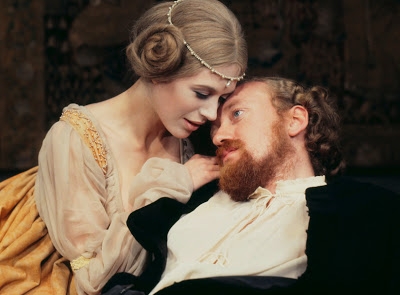
 Amanda S. Stevenson
Amanda S. Stevenson 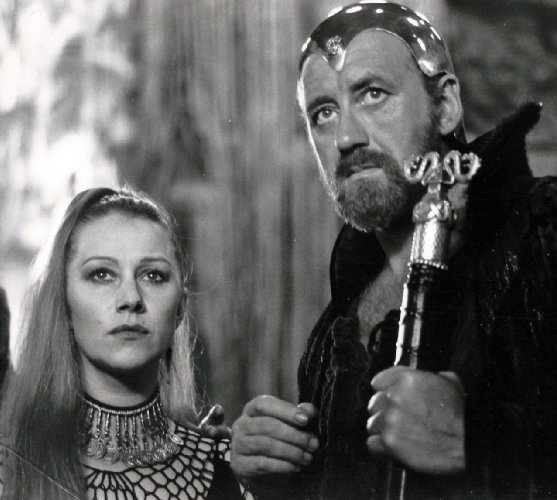
 Amanda S. Stevenson
Amanda S. Stevenson 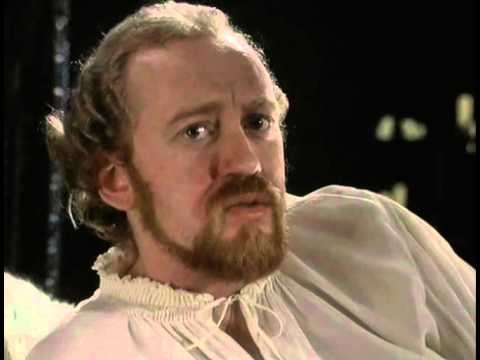
 Amanda S. Stevenson
Amanda S. Stevenson 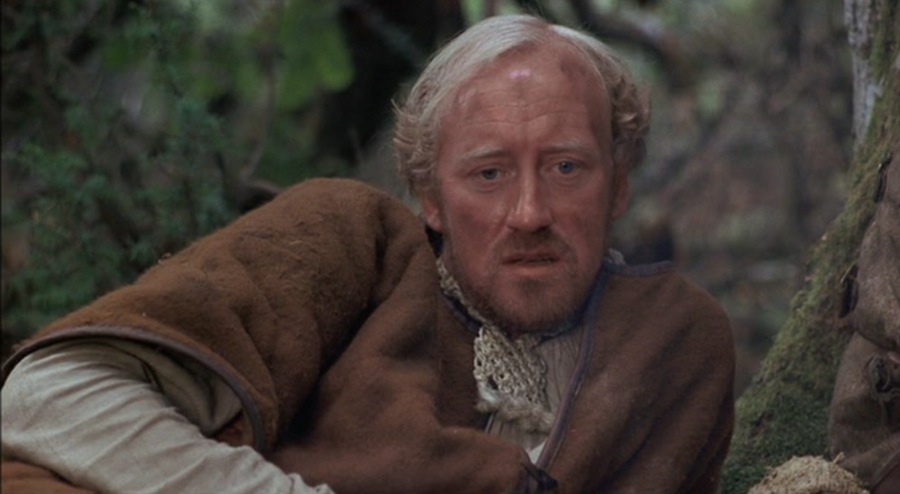
 Amanda S. Stevenson
Amanda S. Stevenson 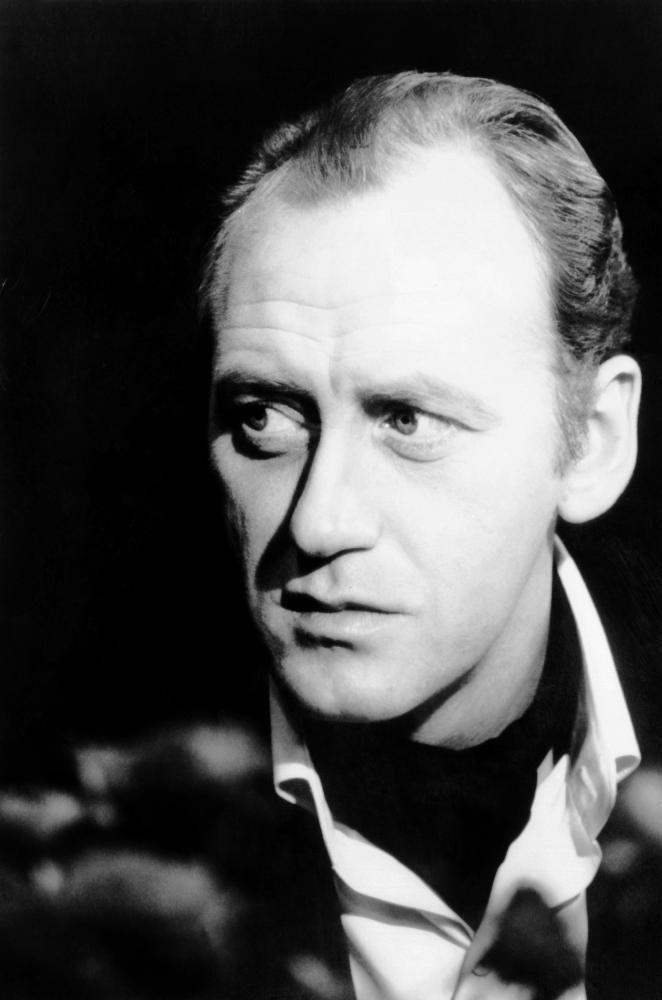
 Amanda S. Stevenson
Amanda S. Stevenson 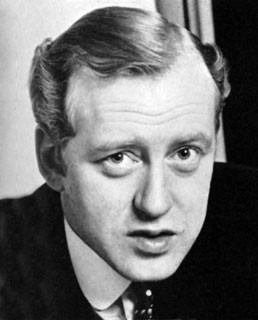
 Amanda S. Stevenson
Amanda S. Stevenson 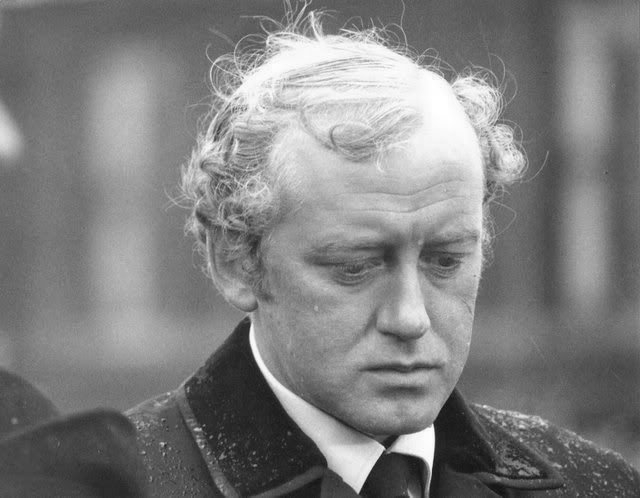
 Amanda S. Stevenson
Amanda S. Stevenson 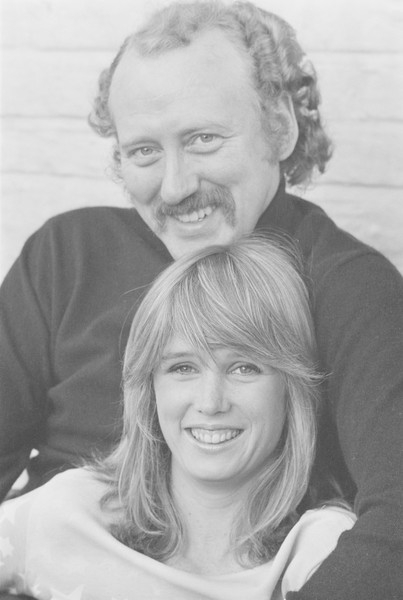
 Amanda S. Stevenson
Amanda S. Stevenson 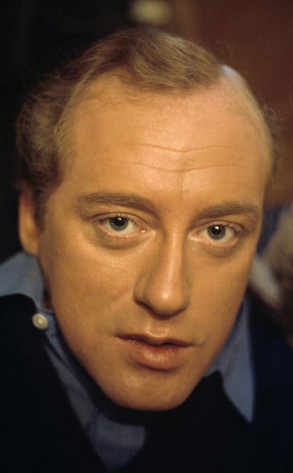
 Amanda S. Stevenson
Amanda S. Stevenson 